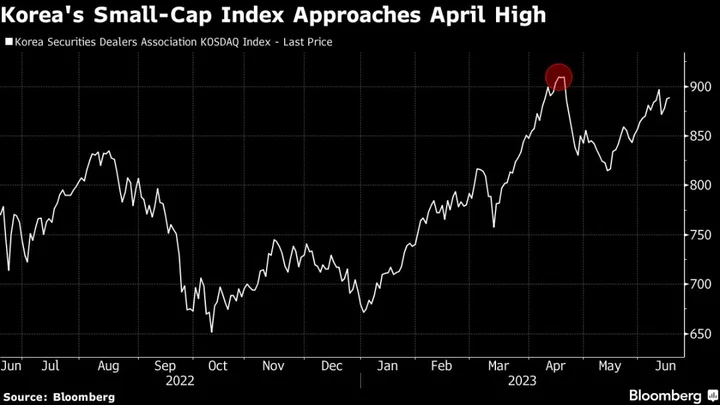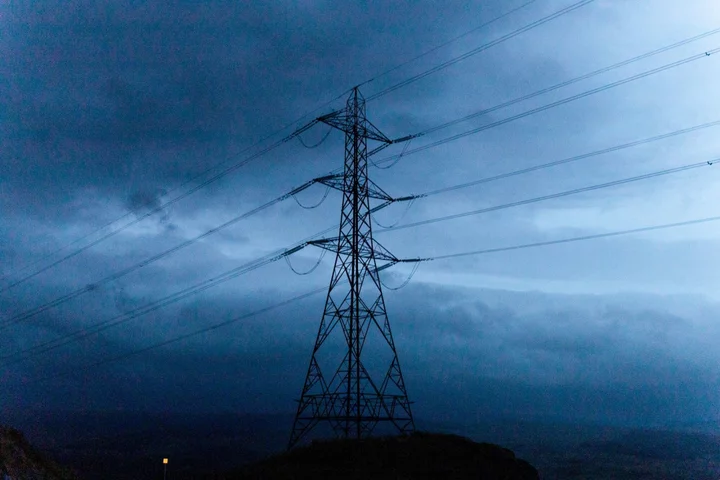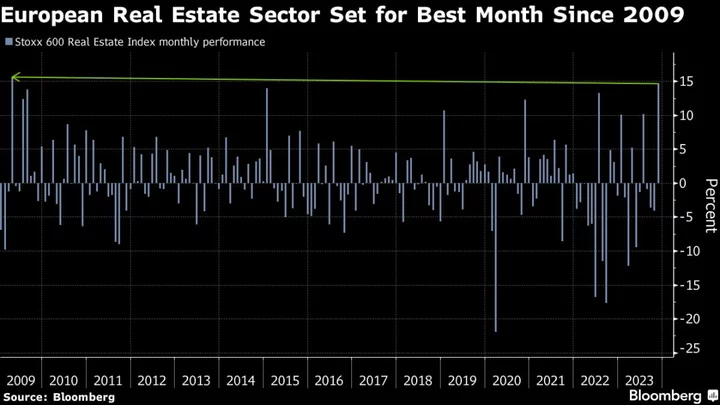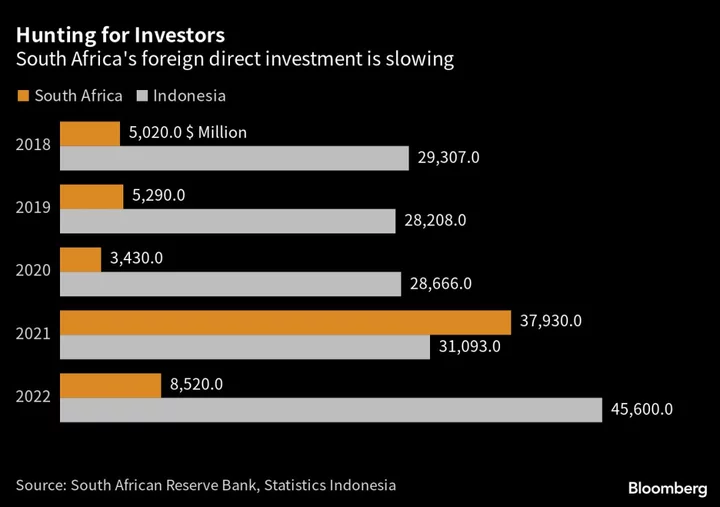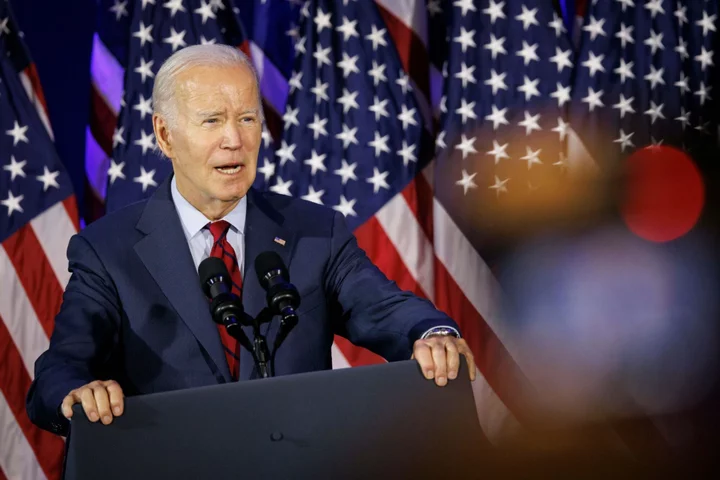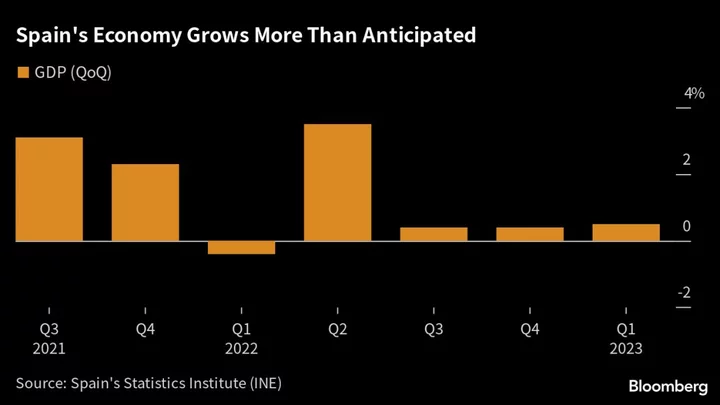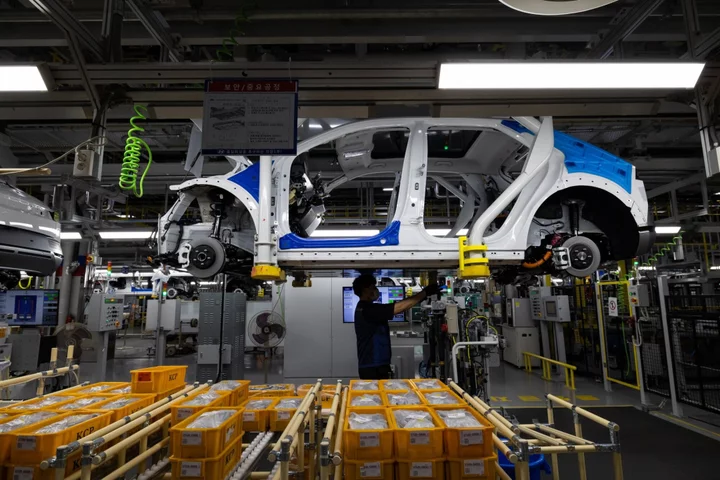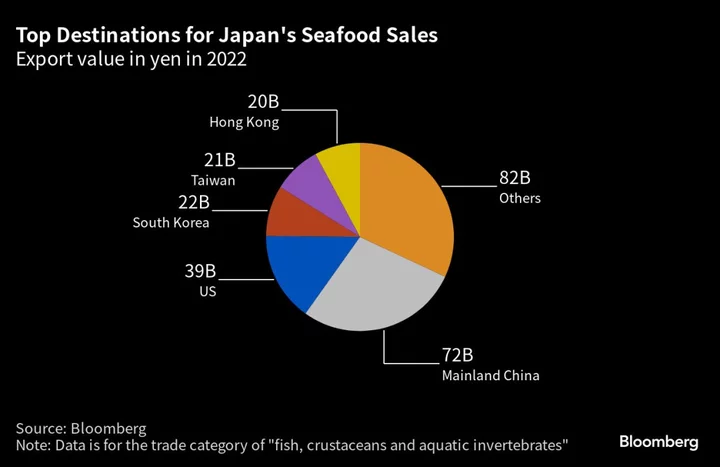Short selling activity soared in South Korea’s Kosdaq index as the small-cap benchmark approaches its April high, setting the stage for another duel between institutional investors and Korean day traders.
Kosdaq shares were shorted to the tune of 10.8 million on June 15 — mostly by local and foreign funds, according to exchange data — surpassing the previous year-to-date high of 10 million shares on April 3. The renewed surge comes with the Kosdaq up more than 30% so far in 2023.
The rising bearish bets may bode ill for short sellers who already lost a battle earlier this year against the bullish retail investors driving the Kosdaq’s rally. Many local funds are struggling to match the benchmark’s strong gains, according to An Hyungjin, chief executive officer at the Seoul-based hedge fund Billionfold Asset Management Inc.
“They have become the stocks that are too scary to short. Even as investors make more bets on the stocks’ drop, those names haven’t gone down,” An said. “Retail investors were the winners during the first half of this year and funds who saw those stocks were overvalued have become the losers.”
Read: Short Sellers Losing Battle With Day Traders in Korea’s EV Rally
Retail investors have kept piling into Kosdaq, adding a net $5.4 billion of inflows this year while foreign and local funds sold. That is in contrast to the main stock benchmark Kospi, where foreign investors bought nearly $11 billion while individual investor outflows have been a net $9.4 billion. Kospi is up roughly 16% so far in 2023, about half of Kosdaq’s advance.
Electric-vehicle battery suppliers have been at the center of Kosdaq’s dizzying rally this year, as mom-and-pop investors flocked to stocks related to lithium and other battery materials.
Ecopro BM Co., which has jumped about 190% so far this year, is leading the pack among the list of short sellers’ targets. Ecopro BM and its parent Ecopro Co. are also favorites among Korean retail investors, who bought into the two battery-materials suppliers to the tune of 3 trillion won ($2.3 billion) so far in 2023.
Read: Korean EV Battery Stock That Rallied 647% Gets First Sell Rating

